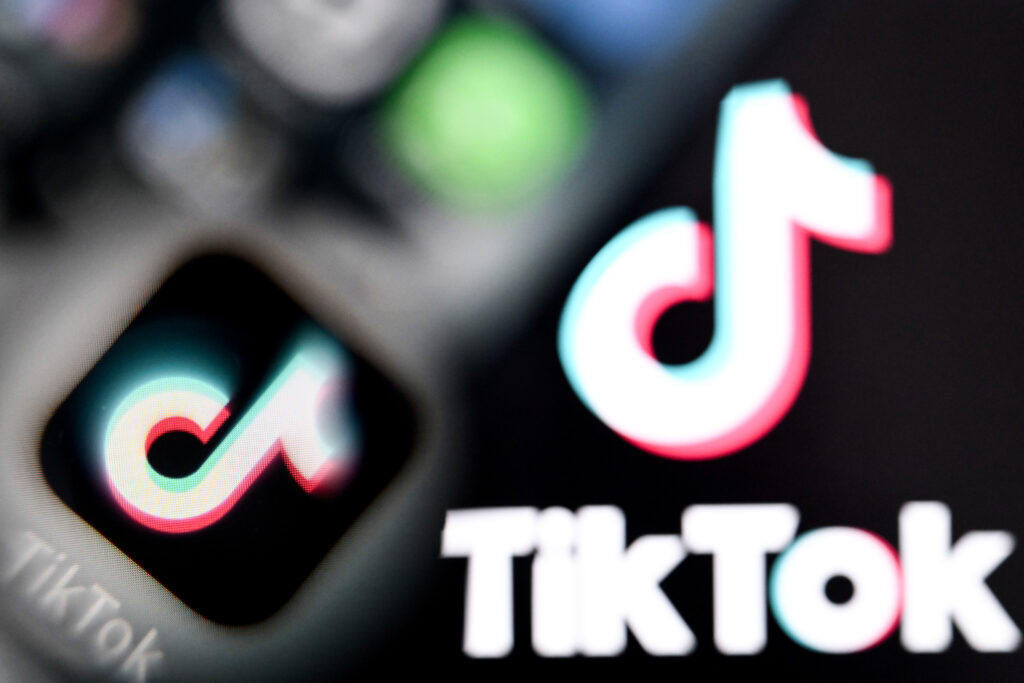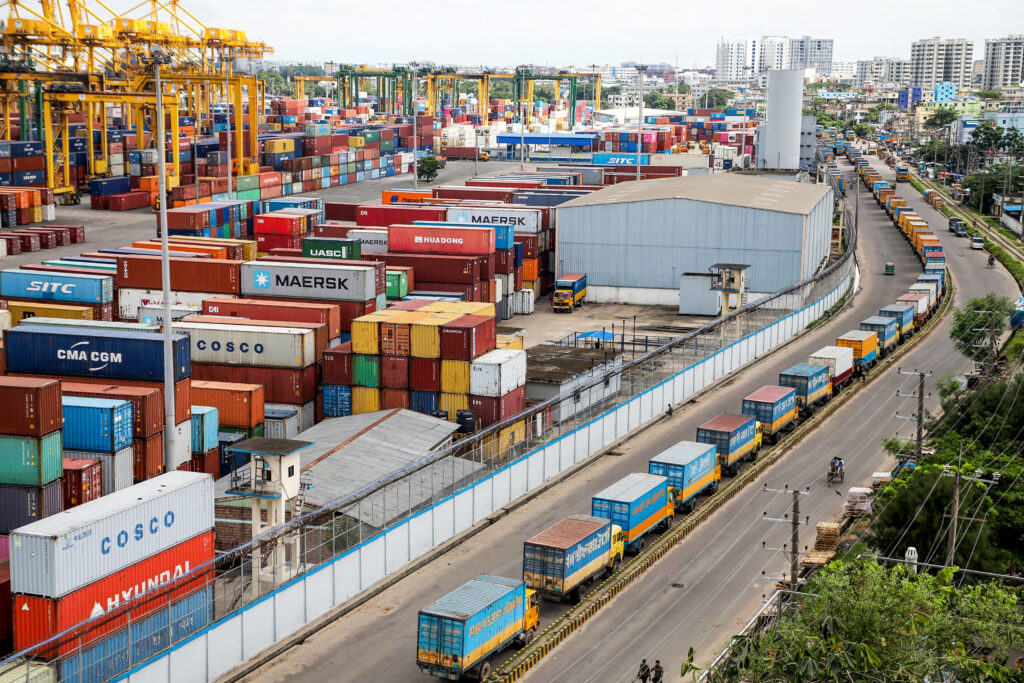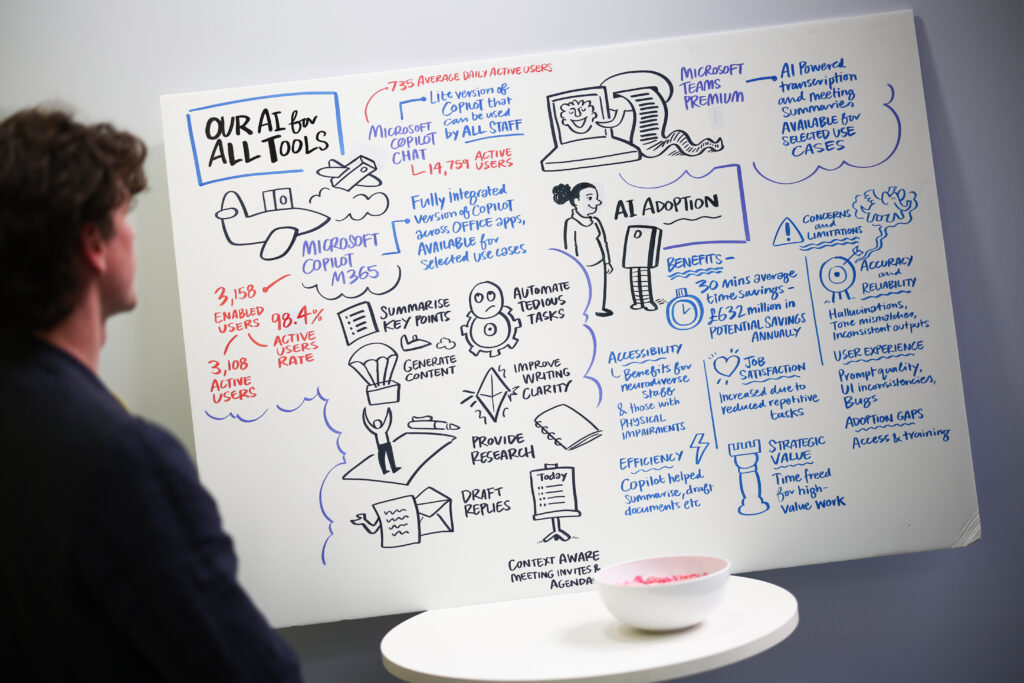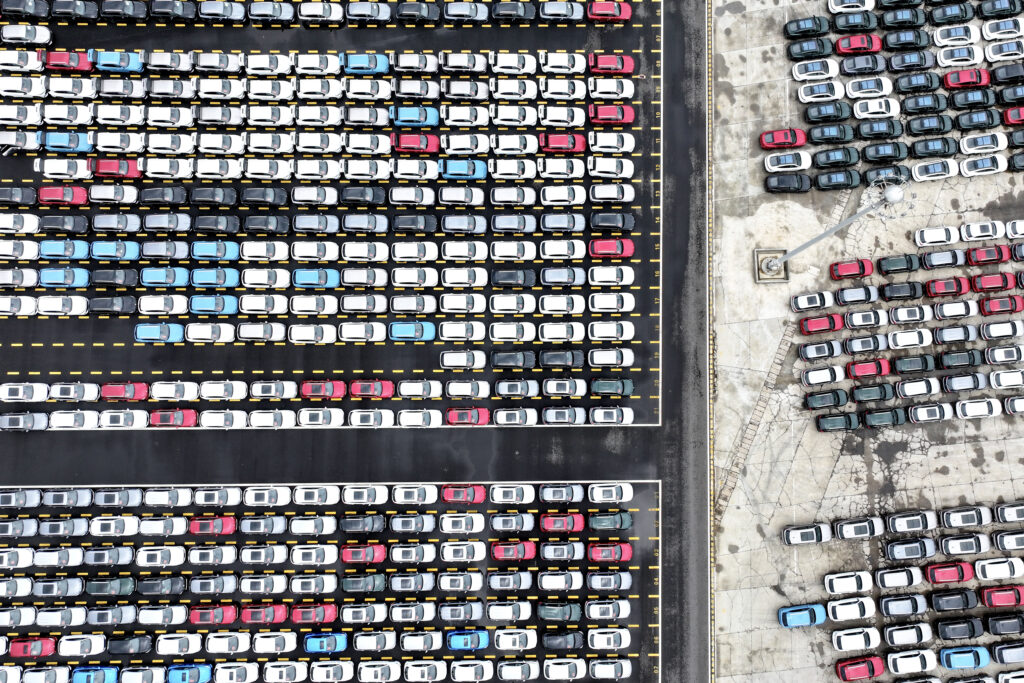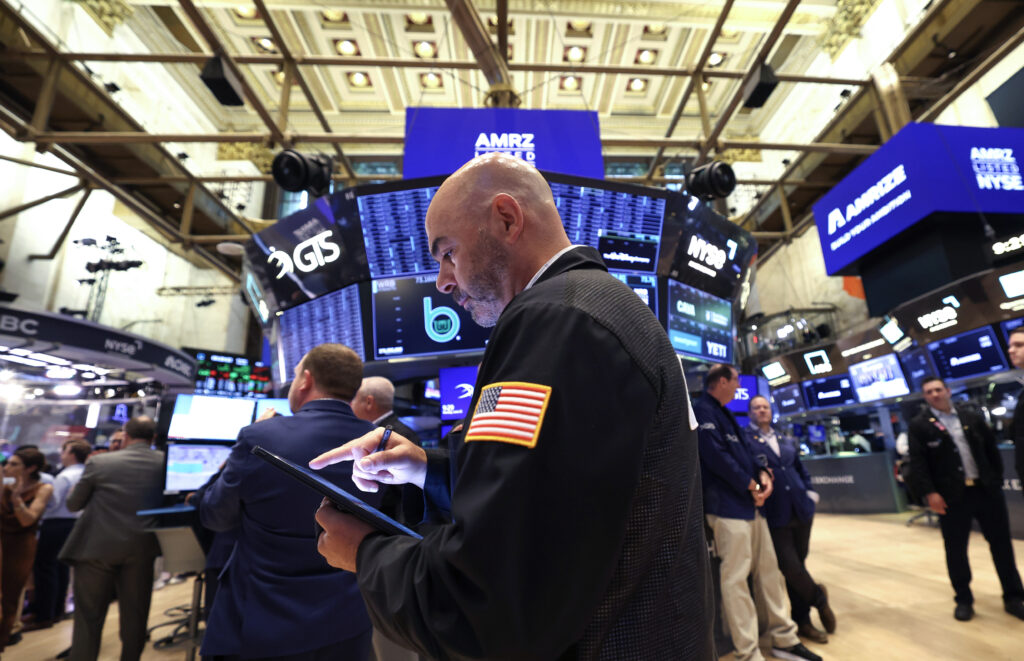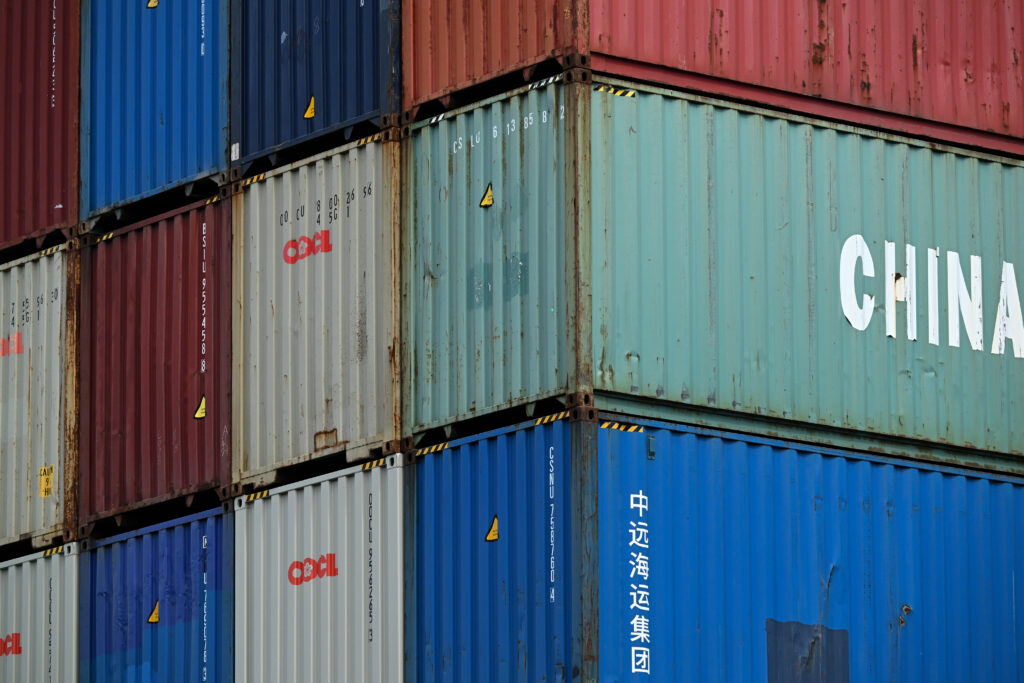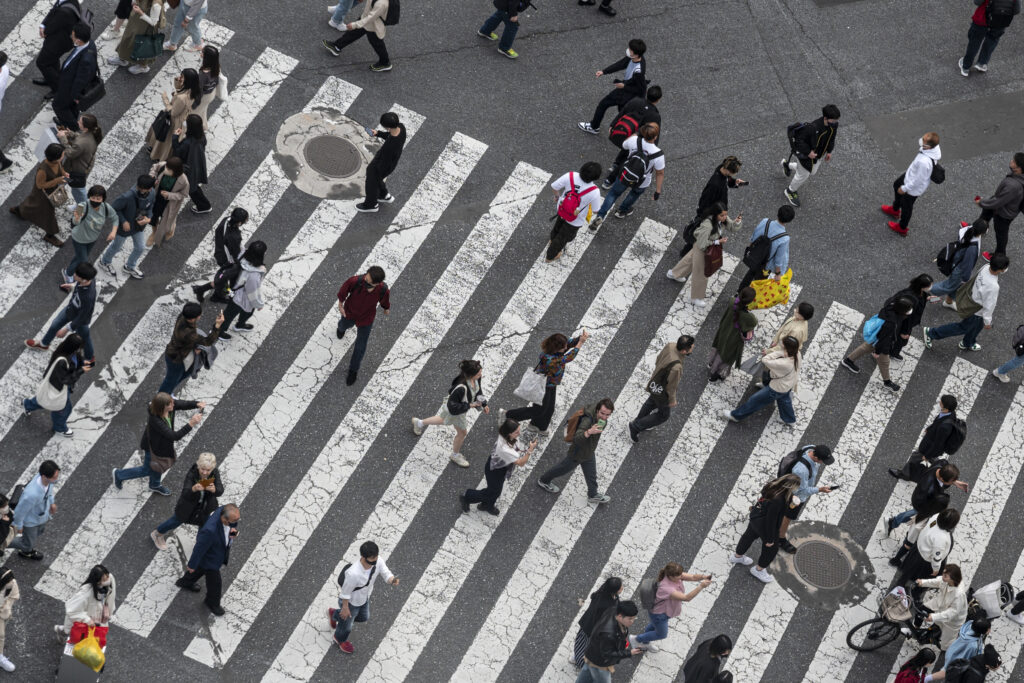The dollar held around three-year lows Friday as traders ramp up bets on US interest rate cuts, while most stock markets rose on hopes Donald Trump will further delay imposing tough tariffs.With the Israel-Iran ceasefire holding for now, investors were able to turn their attention back to the economy and the US president’s trade war.Bets on a Federal Reserve rate cut jumped this week after Trump said he had candidates in mind to succeed boss Jerome Powell when he leaves next year, with reports saying he would make an announcement as early as September.That was followed Thursday by data showing the world’s top economy contracted more than previously estimated in the first quarter and consumer spending grew less than expected.Traders are now fully expecting two rate cuts this year, while there was a pick-up in bets on a third, according to Bloomberg News.Powell, who has faced pressure from Trump to move sooner, appeared to take a dovish turn in a deposition to lawmakers this week, while several other Fed officials have also hinted at a softer approach.The prospect of lower borrowing costs sent the Dollar Index, which compares the greenback to a basket of major currencies, to its lowest level since March 2022. And while it edged slightly higher Friday it remained under pressure, with the pound and euro at levels last seen in 2021 and the Taiwan dollar hitting its strongest point since April 2022.”For the dollar to see a sustained counter-rally, I would argue we’d need US growth to pick up and implied Fed rate cuts to be repriced — perhaps with growth data in Europe and China also slowing,” said Pepperstone’s Chris Weston.”That doesn’t seem likely in the near term, and as such, rallies in the dollar are likely to be quickly sold off, with the downtrend set to continue.”All three main equity indexes on Wall Street rallied, with the Nasdaq hitting a record high and the S&P 500 within a whisker of a new closing peak.In Asia, Tokyo rallied more than one percent to break 40,000 for the first time since January, while Singapore, Wellington, Taipei, Manila and Mumbai were also up, along with London, Paris and Frankfurt.Hong Kong, Shanghai, Sydney, Seoul and Bangkok fell.Trade war worries were tempered slightly Thursday after the White House said Trump could extend his deadline for agreeing deals to avert painful tariffs.The president announced a swathe of levies on trading partners at the start of April but quickly said he would pause them until July 9 to allow for talks but few agreements have been reached so far.When asked if there would be another delay, press secretary Karoline Leavitt told reporters: “Perhaps it could be extended, but that’s a decision for the president to make.”The deadline is not critical.”The president can simply provide these countries with a deal if they refuse to make us one by the deadline.”This means Trump can “pick a reciprocal tariff rate that he believes is advantageous for the United States”, she added.The administration also signalled progress on trade with China, with US Commerce Secretary Howard Lutnick saying they had “signed and sealed” an understanding reached in Geneva last month.Those talks saw the two slash eye-watering tit-for-tat tariffs and address other key issues including China’s export of rare earths used in smartphones and electric vehicles, while Beijing was keen to see an easing of restrictions on its access to tech goods.Beijing “confirmed details” of the deal on Friday, adding that Washington would lift “restrictive measures” while Beijing would “review and approve” items under export controls.In company news, Chinese smartphone maker Xiaomi jumped more than three percent to a record high in Hong Kong as it enjoyed strong early orders for its YU7 sports utility vehicle, its second foray into the competitive electric vehicle market.- Key figures at around 0810 GMT -Tokyo – Nikkei 225: UP 1.4 percent at 40,150.79 (close)Hong Kong – Hang Seng Index: DOWN 0.2 percent at 24,284.15 (close)Shanghai – Composite: DOWN 0.7 percent at 3,424.23 (close)London – FTSE 100: UP 0.4 percent at 8,772.42 Euro/dollar: UP at $1.1715 from $1.1701 on ThursdayPound/dollar: UP at $1.3734 from $1.3725Dollar/yen: DOWN at 144.36 yen from 144.44 yenEuro/pound: UP at 85.29 pence from 85.22 penceWest Texas Intermediate: UP 0.5 percent at $65.58 per barrelBrent North Sea Crude: UP 0.5 percent at $68.06 per barrelNew York – Dow: UP 0.9 percent at 43,386.84 (close)
